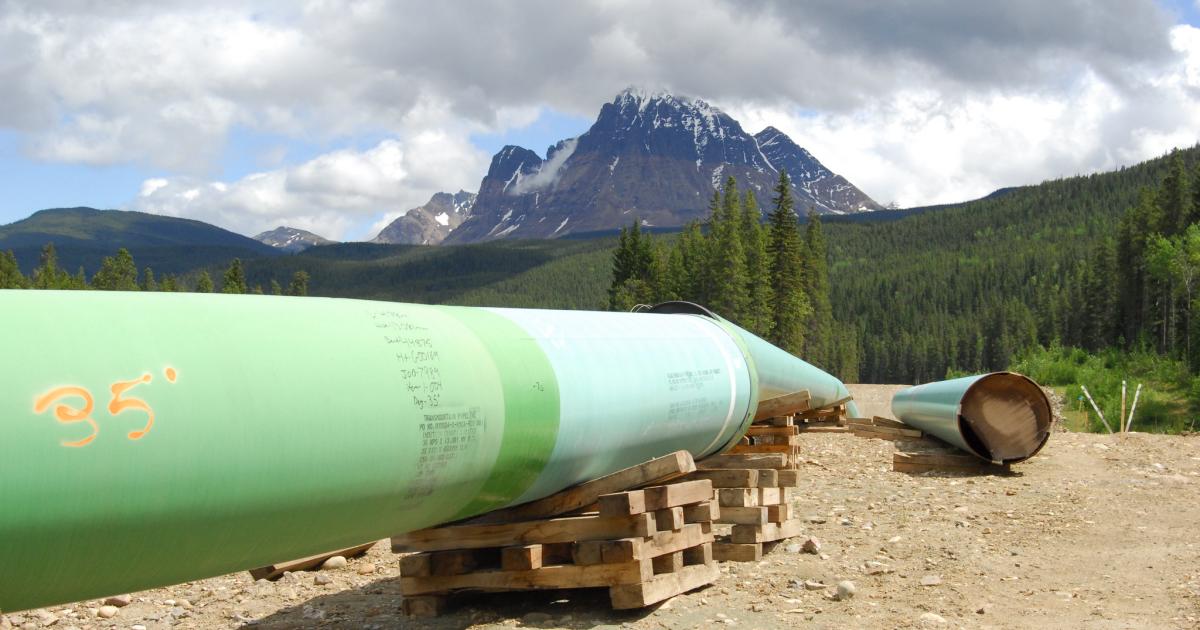If you're actually interested in environmentalists views about Keystone XL, read the article at this link:

What Is the Keystone XL Pipeline?
How a single pipeline project became the epicenter of an enormous environmental, public health, and civil rights battle.www.nrdc.org
Thanks for the link.
The Keystone XL pipeline extension, proposed by energy infrastructure company TC Energy (formerly TransCanada) in 2008, was designed to transport the planet’s dirtiest fossil fuel to market—fast. An expansion of the company’s existing Keystone Pipeline System, which has been operating since 2010 (and is already sending Canadian tar sands crude from Alberta to various processing hubs in the middle of the United States), it would dramatically increase capacity to process the 168 billion barrels of crude oil locked up under Canada’s boreal forest. To be precise, it would transport 830,000 barrels of Alberta tar sands oil per day to refineries on the Gulf Coast of Texas.
Tar Sands are like strip mining.